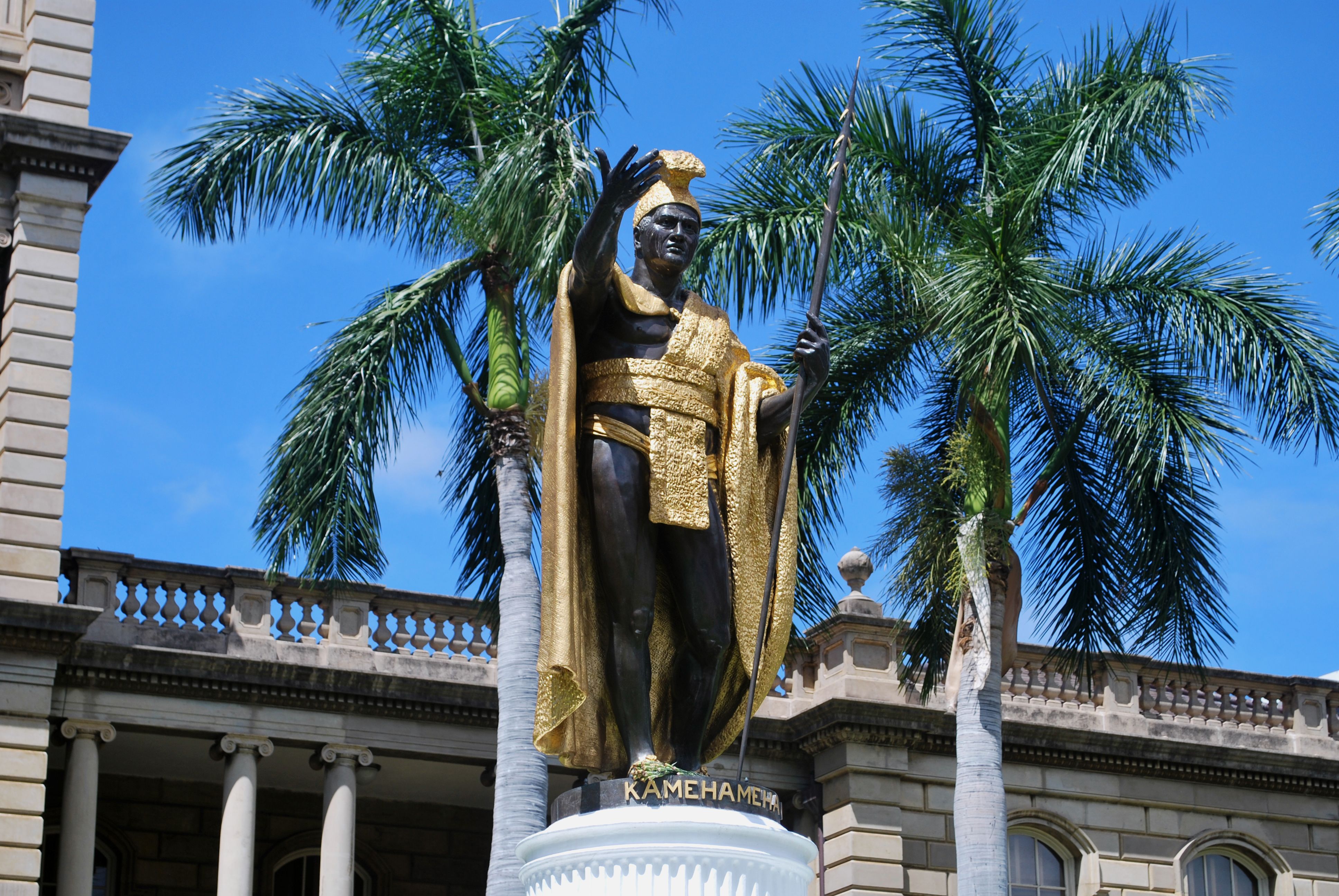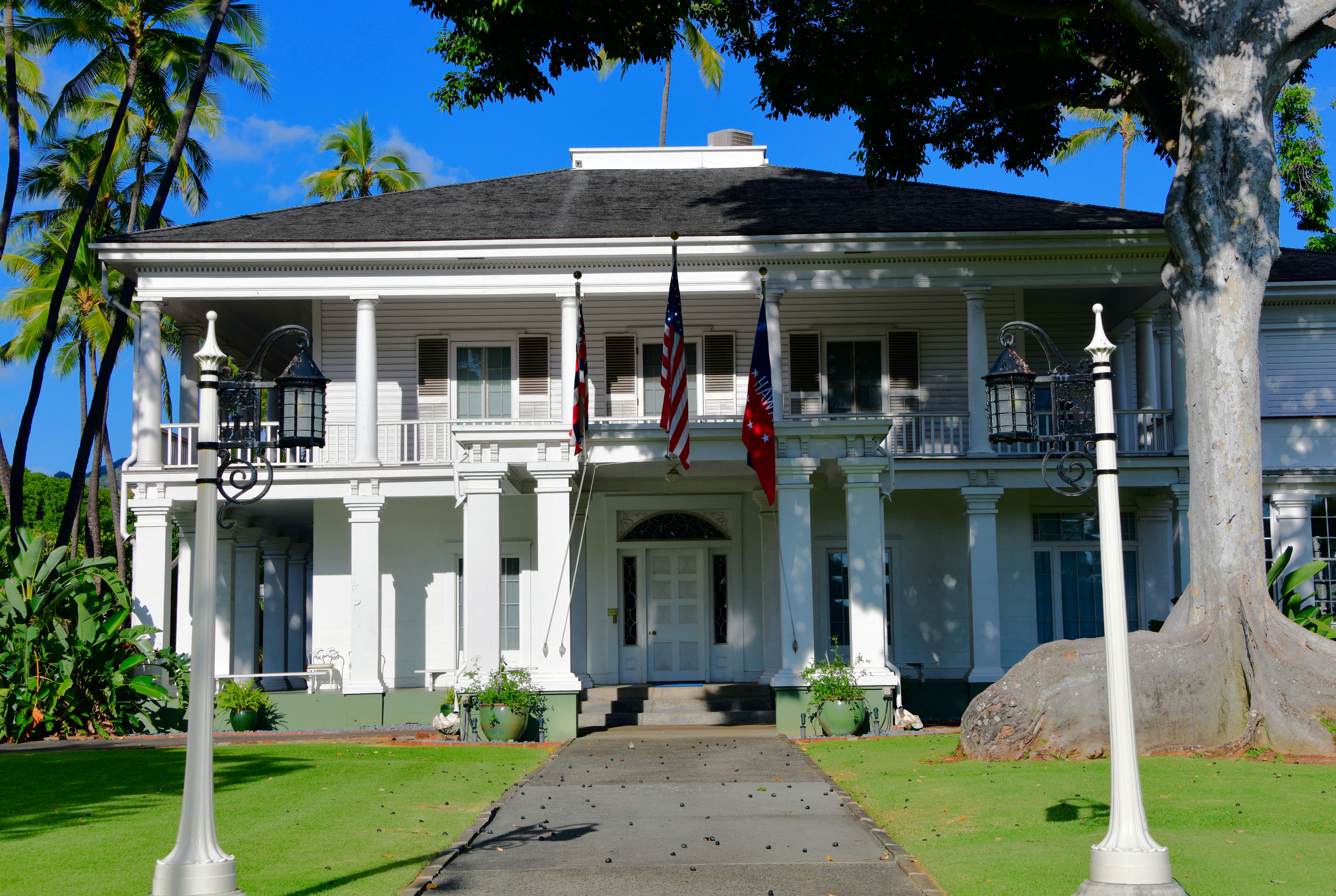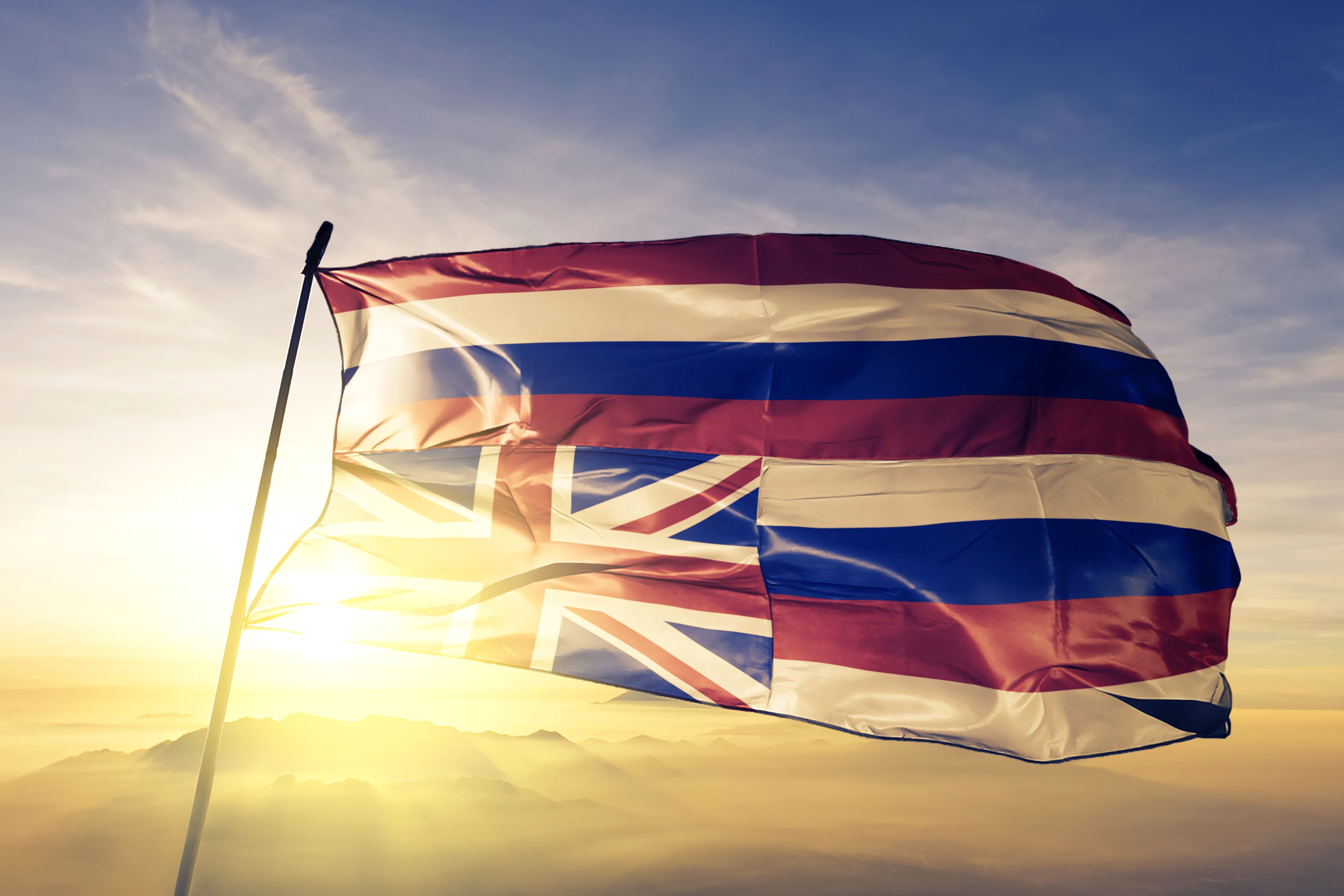Understanding Hawaiian Sovereignty: Why Hawaiian Subjects Are Not U.S. Citizens
Introduction to Hawaiian Sovereignty
Understanding the complex nature of Hawaiian sovereignty requires diving into the history and legal status of the Hawaiian Islands. At the heart of this issue is the distinction between Hawaiian subjects and U.S. citizens, a topic that remains relevant and contentious today.
The Kingdom of Hawaii was once a recognized independent nation with its own monarch and government. However, through a series of events, including the overthrow of Queen Liliʻuokalani in 1893, the islands were annexed by the United States in 1898. This annexation has led to ongoing debates about the legitimacy of U.S. sovereignty over Hawaii.

The Historical Context
Before annexation, Hawaii was a thriving kingdom with a distinct culture and governance system. The islands were unified under King Kamehameha I in 1810, establishing the Kingdom of Hawaii. For decades, Hawaii maintained diplomatic relations with major world powers and was recognized as a sovereign state.
The overthrow of Queen Liliʻuokalani marked a significant turning point. A group of American and European businessmen, with the support of the U.S. military, deposed the queen. The subsequent establishment of a provisional government led to Hawaii's eventual annexation by the United States.

The Legal Perspective
The legal standing of Hawaii's annexation remains a point of contention. Critics argue that the annexation was conducted without the consent of Native Hawaiians, violating international law. This perspective is crucial in understanding why many Native Hawaiians assert that they are subjects of the original Hawaiian Kingdom rather than U.S. citizens.
Some legal scholars and activists argue that the overthrow and annexation lacked legitimacy. They emphasize that no treaty of annexation was ever ratified by the U.S. Senate, which is a requirement for acquiring foreign territories according to U.S. law.
The Cultural Implications
The question of citizenship is not only a legal matter but also one deeply intertwined with cultural identity. Many Native Hawaiians view themselves as subjects of their ancestral kingdom, holding onto traditions and practices that predate U.S. control.

This cultural perspective influences various aspects of life in Hawaii, from language preservation to land ownership and governance. The resurgence of Hawaiian cultural pride over recent decades has led to increased advocacy for sovereignty and self-determination.
Sovereignty Movements
Several movements advocate for Hawaiian sovereignty, ranging from complete independence to various forms of self-governance within the framework of the U.S. These movements seek to address historical grievances and restore political and cultural autonomy to Native Hawaiians.
Efforts have been made to educate both locals and visitors about the history and rights of Hawaiians. This includes initiatives aimed at promoting Hawaiian language and customs as well as legal challenges against federal and state policies that are perceived to undermine Hawaiian rights.

Conclusion: A Complex Issue
The issue of Hawaiian sovereignty and citizenship is complex, rooted in historical events that continue to influence contemporary society. Recognizing the unique status of Native Hawaiians is essential in addressing ongoing debates about their rights and identity.
As discussions about sovereignty continue, it remains critical to consider both the historical context and cultural dimensions that shape this important issue. Understanding these elements helps in acknowledging the diverse perspectives of those who call Hawaii home.